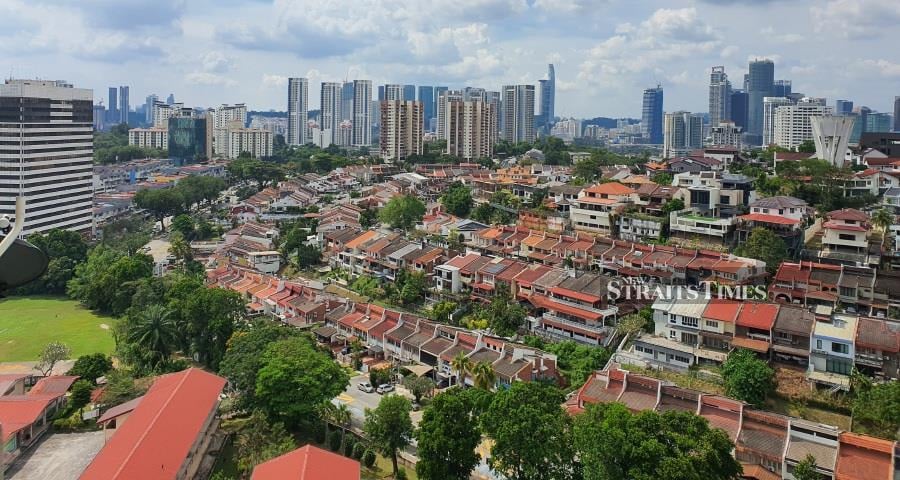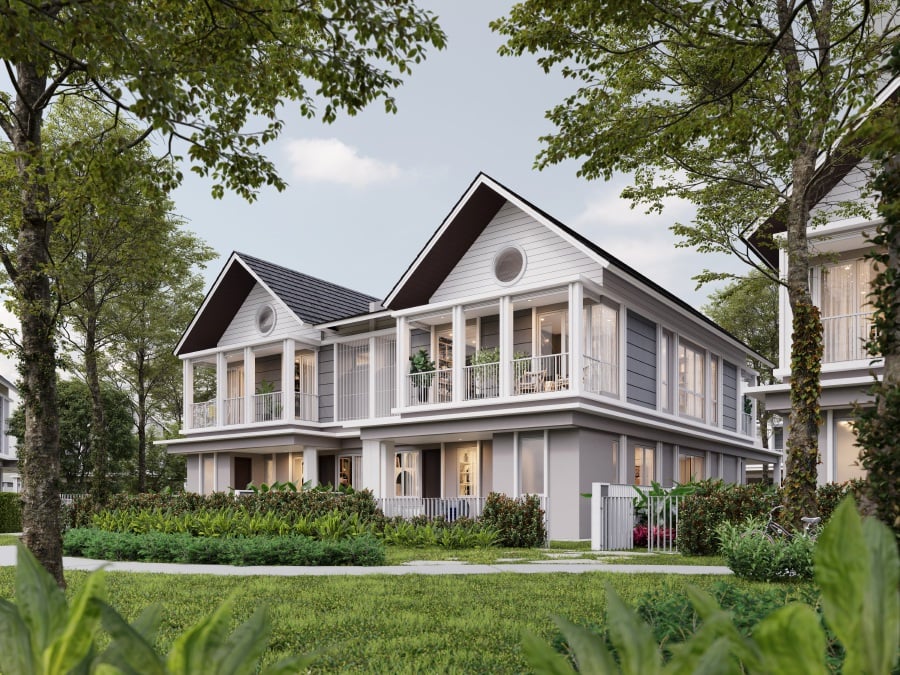By NST Property/Sharen Kaur - April 16, 2024

KUALA LUMPUR: Rents in Malaysia have rebounded to their 2018 levels across all generations, according to Juwai IQI.
Currently, Baby Boomers (born between 1946 and 1964) lead the pack in paying the highest average rent of RM2,120 per month in Malaysia.
They slightly edge out Gen X (those born from 1965 to 1979), who pay an average of RM2,104 per month.
These insights come from Malaysia's inaugural Home Renters Generational Trends Report, published by IQI, a member of Juwai IQI.
"It makes sense that Baby Boomers pay the most. They tend to be at the peak of their income and savings and have large homes to accommodate families," said Juwai IQI co-founder and group chief executive officer Kashif Ansari.
Kashif said that Builders (those born before 1946) are the third-highest payers, with an average rent of RM1,931, followed by Gen Y (born from 1980 to 1994), with an average rent of RM1862.
Gen Z (born between 1995 and 2009) has the lowest average rent, at RM1,750, as befits a young generation whose members are just getting started in their careers and may not yet have married or had children.
"Not everything about the pandemic was bad for renters. Every generation paid less for rent on average during the pandemic years.
"Two generations (Builders and Gen Z) saw their rents fall more during the pandemic than any others. The average rent paid by Builders dropped by 35 per cent between 2018 and 2021, and Gen Z's average rent fell by 24 per cent.
"The generation that received the smallest Covid-19 benefit saw their average rent fall by a still significant 18 per cent between 2018 and 2021. That was the Baby Boomers," he said.
According to IQI, it examined data from more than 67,000 rental transactions for the report.
The data shows that members of Gen Y accounted for 38 per cent of all rental transactions in 2023. Gen Z followed at 31 per cent and Gen X at 13.1 per cent.
By contrast, Baby Boomers and the Builders accounted for a relatively small number of transactions, just 3.0 per cent and less than one percent, respectively.
"Over the past five years, Gen Z has seen the fastest growth in its share of rental transactions. In the first quarter of 2024, Gen Z accounted for a 3.5-fold larger share of all transactions than in the first quarter of 2019.
"Apart from Gen Z, every other generation saw its share of rental transactions decrease between 2019 and 2024. Baby Boomers' share of rental transactions fell by more than half. The share of transactions that went to Gen X fell by about 40 per cent. Gen Y accounted for about a one-quarter smaller share of transactions in 2024 than in 2019," Kashif said.
According to the report, Millennials, or Gen Y, accounted for about half of all transactions in both apartment and home rentals in 2023.
"When it comes to apartments, only a tiny share of transactions went to Baby Boomers and Builders. However, Baby Boomers made up a significant, if small, share of nearly 5.0 per cent all home rental transactions.
"When it comes to Gen X and Gen Z, they accounted for the second and third-largest shares of rental transactions in both landed homes and apartments last year," he said.



